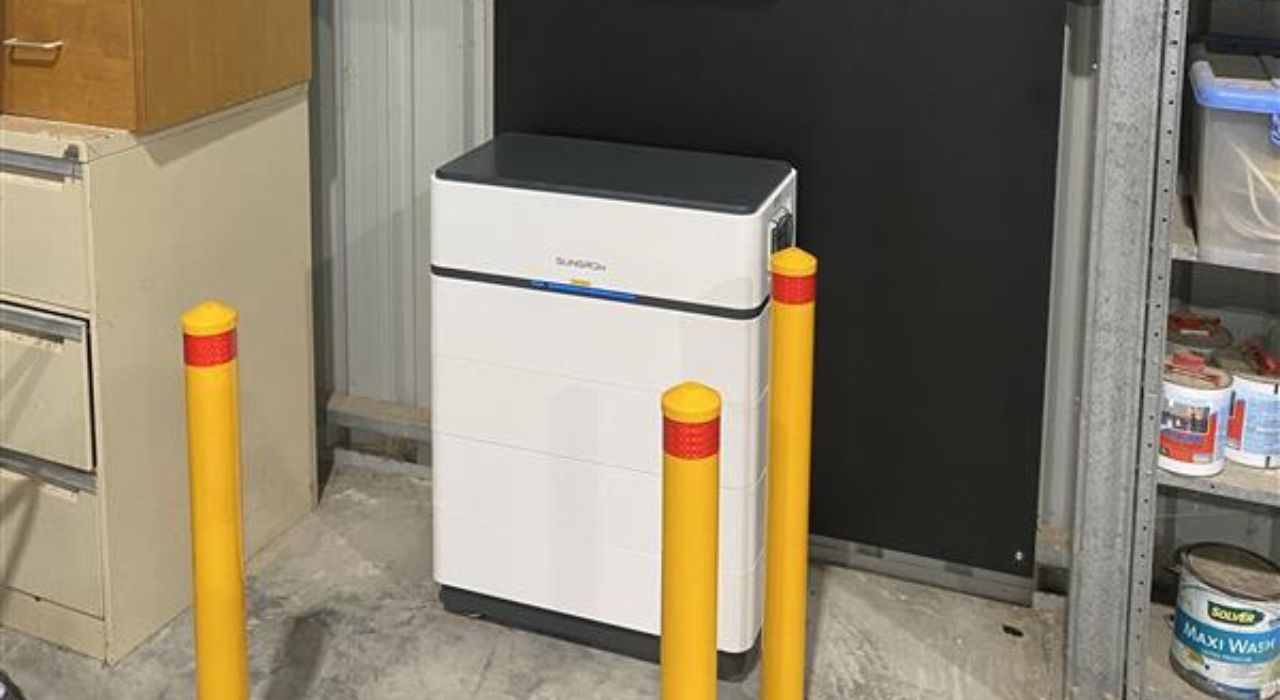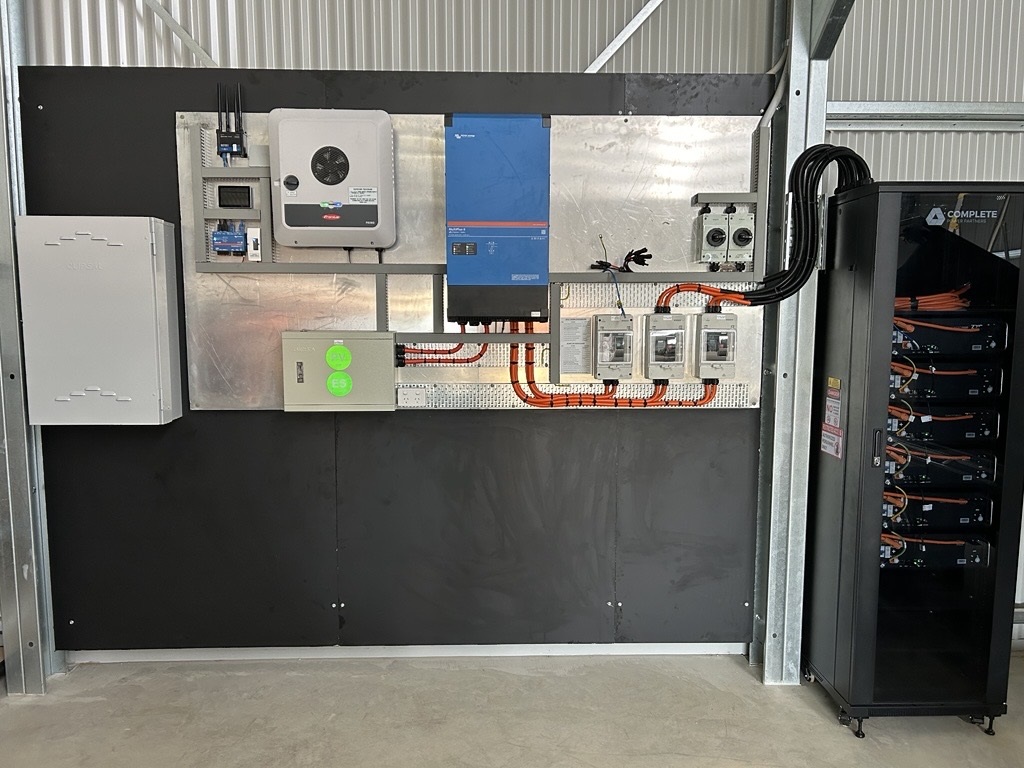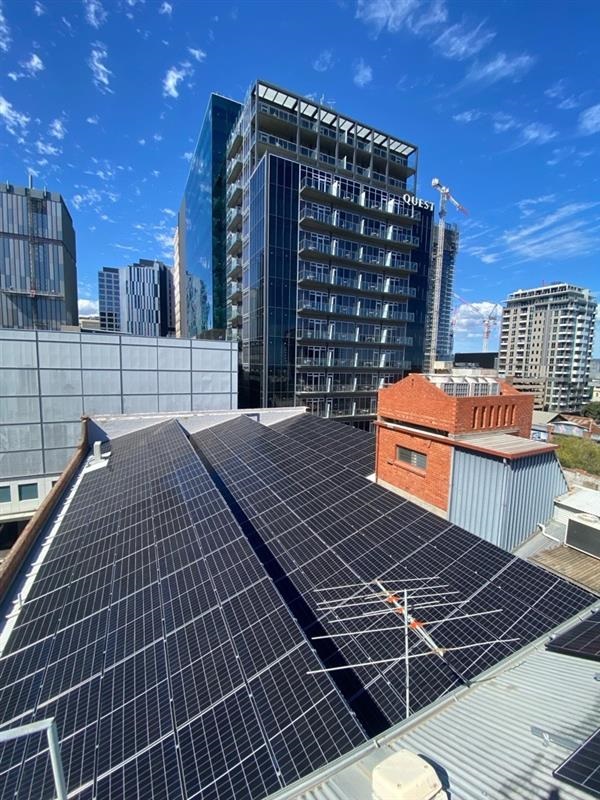
Solar Batteries vs. Traditional Backup Generators: Which Is Better for Business
Reliable power is the lifeblood of every business. Whether you run a retail store, warehouse, or office, a sudden blackout can halt operations, damage equipment, and cost you thousands in downtime. In Australia, where power outages are becoming more frequent due to extreme weather and grid strain, businesses are increasingly turning to backup power solutions.
But the big question is: should you invest in solar batteries or stick with traditional diesel or petrol generators? Let’s unpack the pros, cons, and long-term benefits of both options so you can make the right choice for your business in 2025 and beyond.
Why Backup Power Matters More Than Ever
Australia’s energy landscape is changing fast. With electricity costs rising and extreme weather events testing the grid, businesses need reliable backup systems to ensure continuity.
According to the Australian Energy Market Operator (AEMO), unplanned outages are projected to rise in parts of South Australia and New South Wales. For commercial sites, even a short outage can disrupt productivity, affect refrigeration, or stop essential equipment.
That’s why more business owners are comparing solar battery storage — a clean, modern solution — with traditional backup generators, which have been the go-to for decades.
Understanding the Two Systems
Traditional Backup Generators
Generators are powered by diesel, petrol, or natural gas, providing immediate backup electricity during an outage. They’re known for their reliability and ability to power high-load equipment.
However, they come with fuel costs, regular maintenance requirements, and emissions that impact both the environment and workplace air quality.
Solar Batteries
Solar batteries store excess energy generated by your commercial solar system during the day. When the grid fails, that stored energy keeps your business running — silently and cleanly.
Lithium-ion batteries, such as Tesla Powerwall or Sungrow systems, are the most common for commercial use in Australia today, offering 10–15 years of lifespan and low ongoing maintenance.
Comparing Solar Batteries and Generators
Let’s look at how each solution stacks up on key factors that matter to Australian businesses.
1. Cost and Long-Term Value
- Generators: While the initial cost of a generator (between $10,000 and $30,000 for commercial use) may seem cheaper, you also need to factor in fuel expenses, regular servicing, and oil changes. Over time, these costs add up — especially if you experience frequent power interruptions.
- Solar Batteries: A commercial solar battery system can range from $30,000 to $70,000, depending on size and usage. While the upfront cost is higher, there are no ongoing fuel costs, and you can often recover your investment through energy savings and government incentives over time.
Winner: Solar batteries offer better long-term ROI.
2. Reliability and Performance
- Generators: Provide immediate power, ideal for long outages. However, they rely on a continuous fuel supply and can fail if not properly maintained or refuelled.
- Solar Batteries: Deliver instant power during blackouts, automatically switching from grid power. The only limitation is storage capacity — if your battery is drained and the outage continues overnight, you may run out of power until the next solar charge.
Winner: Generators for extended outages; solar batteries for shorter, more frequent ones.
3. Environmental Impact
- Generators: Emit CO₂ and noise and contribute to air pollution. For sustainability-conscious businesses, this can hurt brand image and ESG compliance.
- Solar Batteries: Operate silently with zero emissions. Pairing them with solar panels makes your business nearly self-sufficient and significantly reduces your carbon footprint.
Winner: Solar batteries — clean, quiet, and eco-friendly.
4. Maintenance and Lifespan
- Generators: Require frequent servicing — oil changes, filter replacements, and load tests. Failure to maintain them properly can lead to breakdowns.
- Solar Batteries: Need minimal upkeep. Most lithium-ion systems come with 10-year warranties and can last 12–15 years with proper management.
Winner: Solar batteries — low maintenance and long lifespan.
5. Business Image and Future-Proofing
In 2025, sustainability isn’t just a buzzword — it’s a competitive advantage. Businesses using renewable energy solutions attract environmentally aware clients, investors, and tenants.
Generators, on the other hand, are noisy, polluting, and increasingly seen as outdated. Solar batteries show your commitment to green operations and can even help you earn Green Star ratings or meet ESG targets.
Winner: Solar batteries — future-proof and brand-friendly.
The Smart Hybrid Option
Many Australian businesses are choosing a hybrid approach — combining solar batteries with a backup generator.
Here’s how it works:
- The solar battery provides clean, silent power for everyday needs and short outages.
- The generator only kicks in when the battery is depleted during extended blackouts.
This setup offers energy security, cost savings, and sustainability, making it an excellent choice for critical facilities like data centres, hospitals, and manufacturing plants.
Financial Incentives and Rebates
In 2025, several government programs still encourage commercial solar and battery adoption.
- Small-scale Technology Certificates (STCs): Reduce upfront solar installation costs.
- State-based battery grants: Available in South Australia and Victoria — check energy.gov.au for updates.
- Feed-in tariffs: Earn credits for exporting excess power to the grid.
These incentives make the transition to solar battery storage even more appealing for businesses seeking long-term savings.
Choosing What’s Right for Your Business
When deciding between a solar battery and a generator, consider:
- Your location: Regional areas with frequent outages might need hybrid systems.
- Your energy demand: Businesses with high daily consumption benefit more from solar batteries.
- Your budget: Generators suit short-term needs, while solar batteries offer better lifetime value.
If your business prioritises sustainability, noise-free operation, and long-term savings, solar batteries are the clear winner. But if you operate in remote areas with long outages, a generator — or a hybrid system — might be ideal.
AR Energy: Powering Australian Businesses the Smart Way
At AR Energy- Best Solar company in Adelaide, SA, we help Australian businesses take control of their power needs with custom solar and battery solutions. Whether you’re looking to reduce energy bills, cut carbon emissions, or future-proof your operations, our team designs systems tailored to your site, usage, and budget.
From commercial solar installation to battery integration and maintenance, we deliver clean, reliable energy solutions that keep your business running — rain or shine.
Get in touch with AR Energy today and discover how we can help you transition from outdated generators to a smarter, more sustainable energy future.
Conclusion
In the battle between solar batteries vs. traditional backup generators, the answer depends on your business priorities.
If you’re chasing lower long-term costs, quiet operation, and sustainability, solar batteries are the clear choice. But for industries that need guaranteed power during long blackouts, a hybrid setup may be best.
As Australia continues its renewable energy shift, one thing is certain — investing in clean, reliable power today will future-proof your business for the decades ahead.



